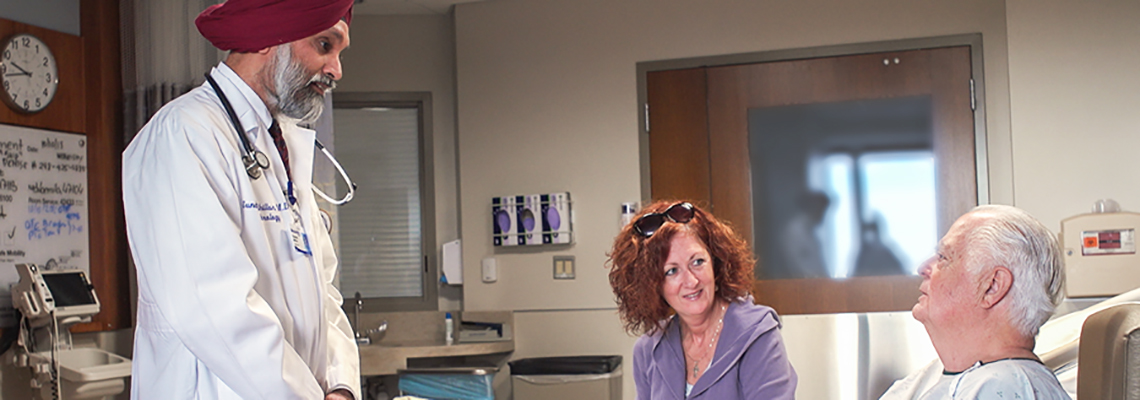
Your safety is at the center of all we do, and Speak Up recognizes you as an important voice on your health care team. We welcome and encourage you to Speak Up any time that you have questions, concerns or feel that something is “just not right.”
Don’t be afraid to ask questions
If you don’t, your doctors and nurses may assume that you understand or that someone else is answering them for you.
Fall prevention
Things that were simple at home, like getting up to use the bathroom and walking down the hall, may be difficult while in the hospital. Even if you have never fallen before, you may be weaker than usual due to illness, medications, tests or procedures.
Equipment and tubes may also make getting up and walking without assistance more difficult. When you do want to get up, ask us to help you and remember to move slowly and wear shoes or non-skid socks.
Infection prevention
Following infection prevention guidelines is an important step in helping to prevent the spread of germs while in the hospital.
Clean hands
It is important for everyone entering your room, including your care providers and your family and friends, to clean their hands with soap and water or hand foam each time they enter your room. If you’re unsure if they have done so, please speak
up.
Colds, Flu and More
We understand that family and friends may want to spend time with you; however, please ask those who are sick to wait until they are feeling better before coming to see you.
REACH: Recognize, Emergency, Activate, Call, Help
Remember that as a patient, your greatest resource is your own voice. If at any time the health of you or your family member has suddenly changed, please contact your nurse immediately. Sudden changes include:
- difficulty breathing
- sudden numbness or weakness
- a change in skin color
- new confusion, or
- if something “just does not feel right”
Contacting your nurse will most likely be all that you need to do. However, as one more safeguard, Beaumont created REACH to respond to a medical concern that you or your family may still have after talking with your doctor or nurse. Look for a sign posted in your room that describes how to activate REACH.